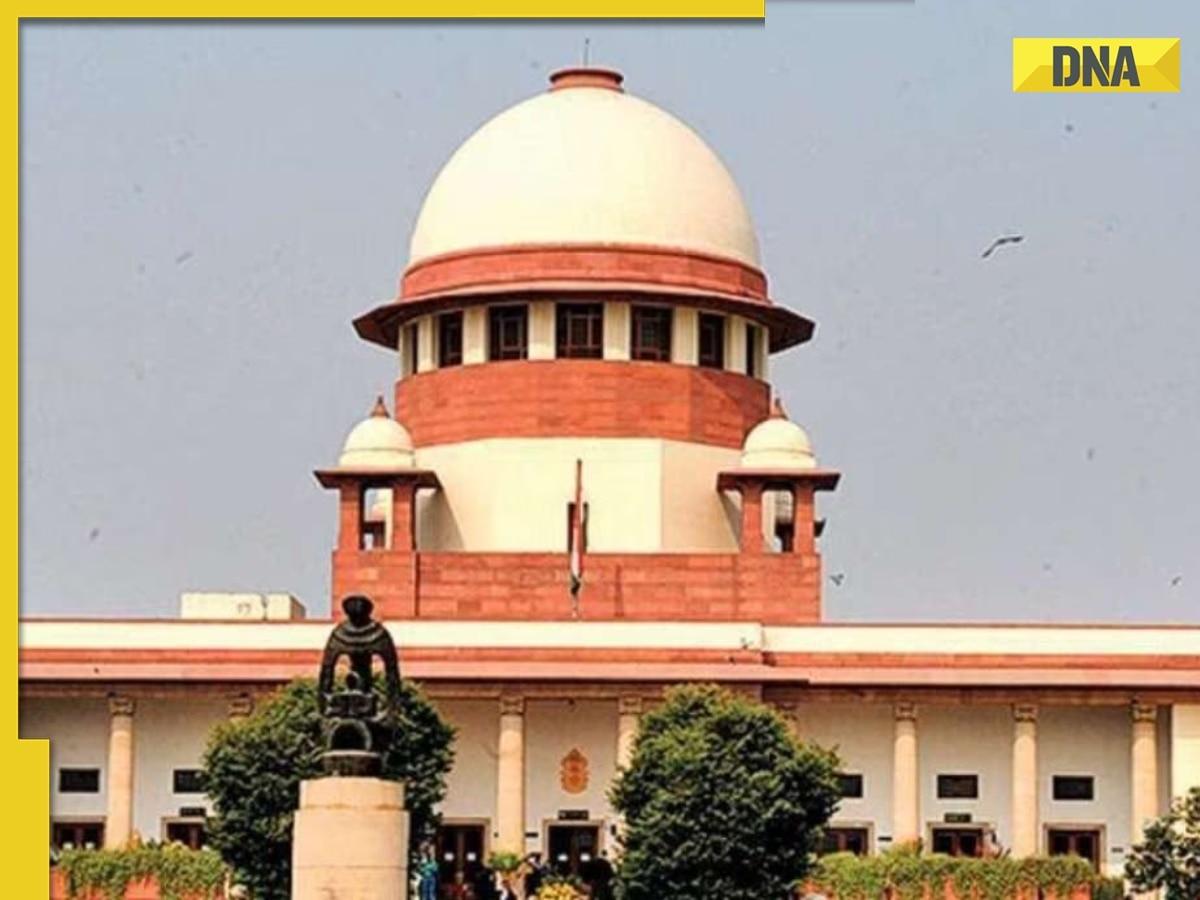
In a significant development, the Supreme Court of India has dismissed a collection of petitions seeking a review of its December 11, 2023 verdict upholding the Central Government’s decision to revoke special provisions under Article 370, which had granted special status to the erstwhile state of Jammu and Kashmir. This decision has once again resonated through the political landscape, reaffirming the court’s stance on one of the nation’s most contentious issues.
The ruling was made by a five-judge bench headed by Chief Justice DY Chandrachud. The other members of the bench included Justices Sanjiv Khanna, B R Gavai, Surya Kant, and A S Bopanna. The review petitions were examined in chambers, a procedural aspect followed for such matters, ensuring that the judges had a comprehensive look at the documents and arguments presented.
“Having perused the review petitions, there is no error apparent on the face of the record. No case for review under Order XLVII Rule 1 of the Supreme Court Rules 2013. The review petitions are, therefore, dismissed,” stated the bench in its order dated May 1. This succinct yet powerful statement underlines the judiciary’s view that there were no substantial grounds to warrant a review of the earlier decision.
To provide context, on December 11, 2023, the Supreme Court had upheld the Central Government’s August 2019 decision to abrogate provisions of Article 370. This article had accorded special autonomy to Jammu and Kashmir, which has now been reconstituted into two Union Territories – Jammu and Kashmir, and Ladakh. The 2019 decision aimed at fully integrating Jammu and Kashmir into India, had widespread ramifications and drew strong reactions both within India and internationally.
The December 2023 judgment also had a directive for holding assembly elections in Jammu and Kashmir by the end of September 2023, along with recommendations for the restoration of statehood at the earliest possible time. This aspect of the ruling was particularly significant as it aimed to address the democratic aspirations of the people in the region.
The backdrop for these developments can be traced back to a series of legal and political maneuvers that began with the Central Government’s move in August 2019. The abrogation of special provisions under Article 370 had been met with both vehement opposition and widespread support across different quarters.
. Legal challenges ensued, resulting in prolonged litigation and intense scrutiny, emphasizing the complex nature of the issue.
Critics of the abrogation argue that it undermined the federal structure of the Indian Constitution and bypassed the will of the people in Jammu and Kashmir. They contend that such a decision could set a precedent that affects other states with special provisions. Conversely, supporters view the abrogation as a necessary step to ensure the complete and unequivocal integration of Jammu and Kashmir into the Indian Union, bringing the region on par with the rest of the country in terms of laws and governance.
The Supreme Court’s decision to reject the review petitions reflects its position that the abrogation of Article 370 was constitutionally sound and in alignment with the legal framework of the country. It brings finality to the legal contestations surrounding this issue, at least for the time being.
The broader ramifications of this ruling are multifaceted. On the political front, it provides a considerable boost to the Central Government’s stance on Jammu and Kashmir, reinforcing the legal sanctity of its actions. For the residents of Jammu and Kashmir, the focus now may shift from the legality of the abrogation to the implementation of policy changes and the promised restoration of statehood.
Internationally, the decision may be interpreted as a consolidation of India’s approach towards Jammu and Kashmir, demonstrating the country’s resolve to integrate the region fully. This could have diplomatic repercussions, influencing how other countries view and engage with the issue.
The proceedings also highlighted the legal mechanisms involved in the review of Supreme Court judgments. Under Order XLVII Rule 1 of the Supreme Court Rules of 2013, a review is permissible if there is a glaring omission or patent error, or if new evidence of a substantial nature comes to light. The dismissal indicates that the court did not find such criteria to be met in this instance.
In the end, as the dust settles on this significant judicial pronouncement, the future trajectory of Jammu and Kashmir’s political and social landscape remains a keen area of interest and observation for both policymakers and the general populace. The Supreme Court’s reaffirmation of its December 2023 verdict cements a pivotal chapter in the ongoing evolution of one of India’s most historically and politically charged regions.












